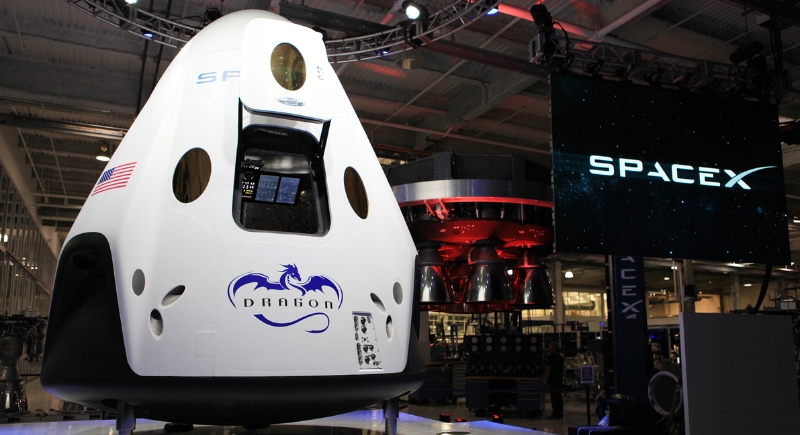Elon Musk’s Pay Package Is Worth a Trillion Dollars, How Would He Spend It?
Every few years, Elon Musk manages to pull off something that leaves even his critics speechless. This time, it’s a number so large it doesn’t seem real: one trillion dollars now attached to the Tesla CEO’s name.
Shareholders recently approved a record-breaking pay deal that could make him the first person in history to earn a trillion-dollar package officially. But while most people struggle to picture that much money, the bigger question is what someone like Musk, who already lives more like a minimalist than a mogul, would even do with it.
Money doesn’t seem to define him the way it does other billionaires. He has sold his homes, lives in a tiny prefabricated house in Texas, and has been known to crash at friends’ places when traveling. He’s said before that possessions are a distraction from his bigger goals. For a man focused on electric cars, humanoid robots, and colonizing Mars, a trillion dollars is just fuel for his ambitions. Still, if he ever did decide to treat himself, the possibilities are absurd enough to make anyone’s head spin.
A Paycheck Written in the Stars

Image via Wikimedia Commons/Gage Skidmore
The staggering amount is tied to performance milestones that would send Tesla’s market value soaring to $8.5 trillion over the next decade, up from about $1.4 trillion today. To unlock it, Musk must deliver 20 million Tesla vehicles, create a million humanoid robots, secure 10 million Full Self-Driving subscriptions, and achieve $400 billion in annual profits.
If that sounds unrealistic, it’s worth noting he’s beaten the odds before. The company’s growth has already turned skeptics into shareholders, and its annual meetings have become full-on stage shows that include dancing robots and Musk’s own victory dances.
The confidence has critics calling the deal excessive, while supporters insist it keeps the company’s visionary in the driver’s seat. Either way, the payday marks a new era of corporate compensation that redefines what “a lot of money” even means.
The Scale of a Trillion
To grasp the scale of one trillion, consider this: if Musk spent $40 every second, nonstop, it would take more than 790 years to run out. That’s ten human lifetimes of uninterrupted splurging. Put in perspective, a trillion dollars could buy every car sold in the United States this year, or all eight Ivy League universities five times over. He could hand every American about $2,900 and still have pocket change.
To break it down another way, with that kind of money, he could buy every home in San Diego or every top automaker in the world, including Toyota, Ferrari, Mercedes-Benz, Volkswagen, and Ford, with a bit left over to cover gas. If he really wanted to make history, he could pay off the entire national debt of South Korea, and still afford several fleets of cruise ships.
It’s the kind of financial power that borders on abstract, like trying to imagine how long a trillion one-dollar bills could stretch if lined end to end. For reference, it’s far enough to loop between Earth and the Moon more than 400 times.
How Musk Might Actually Use It

Image via Wikimedia Commons/NASA – Dmitri Gerondidakis
The truth is, Musk’s spending habits don’t match his wealth. He’s more interested in projects that sound impossible than in personal luxuries. The man who once sold all seven of his California homes, including one that belonged to Gene Wilder, doesn’t seem interested in buying a private island or superyacht collection.
His real estate footprint is smaller than that of some mid-level tech executives, but his imagination isn’t.
If history is any guide, a trillion-dollar cushion could supercharge his obsession with space and artificial intelligence.
SpaceX’s Mars program, Tesla’s robotaxi network, and the humanoid Optimus project all require billions in development. The difference now is that he’d have the means to accelerate those dreams without ever needing outside investors.
Critics say his ambitions often blur the line between genius and overreach, but it’s hard to deny his knack for turning far-fetched ideas into reality. Still, even the world’s richest man can only spend so fast. Musk has given to causes before, though not always quietly. His foundation has funded clean energy initiatives and education programs, although some reports suggest that his philanthropy also serves as a strategy, channeling donations toward ventures that align with his companies.